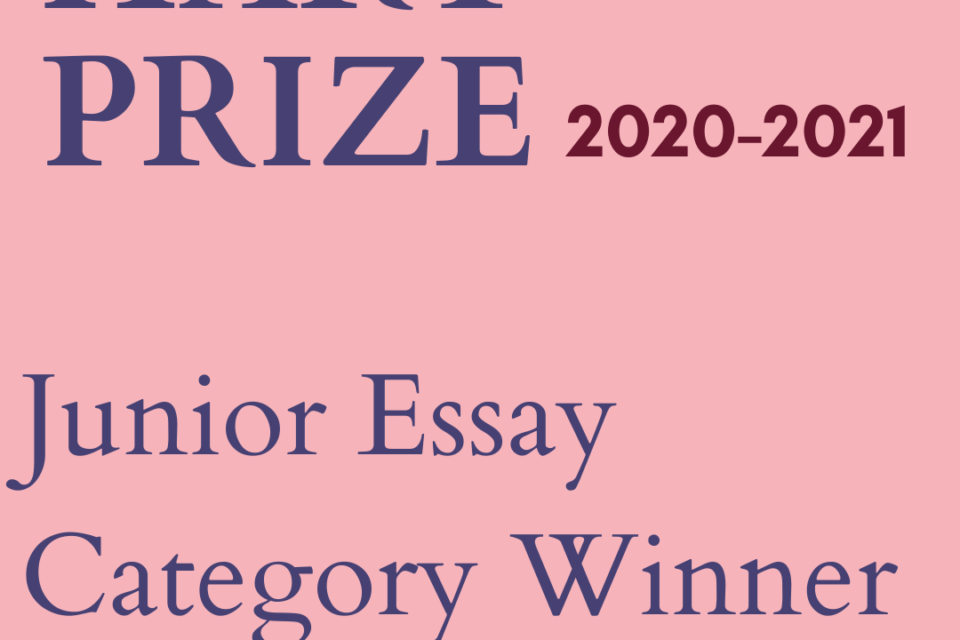Help our local partners realise their vision of hope for their communities

Both you and I can read and write. Both you and I have had an education of some form. Both you and I have probably taken being able to read and write for granted for most of our lives. However, this is not the case for many people across the world. Despite the increase in global literacy rates over the past few decades, it has been reported that there are still 773 million illiterate adults in the world. Illiteracy is a humanitarian crisis that urgently needs addressing. Article 26 of Universal Declaration of Human Rights states that everyone has the right to an education, showing how fundamental an education is.
In South Sudan, the country with the lowest literacy rate globally, education rates are low: only 27% of the adult population are literate. UNICEF estimates that 70% of children aged 6-17 years have never set foot in school. Approximately 70% of children are out of school, working to help their families for survival, due to the extreme poverty- as a result of war and corruption across the country – which has influenced and lowered the literacy rate. Education is crucial for preventing conflict here, and preventing child marriage too.
Literacy is an important factor in driving a country’s development, and education has a significant impact on poverty, and directly correlates with solutions to poverty such as:
- Economic growth/job opportunities
- Reduced infant and maternal deaths
- Better healthcare
- Maintaining peace.
Literacy enables economic growth and boosts a country’s ability to develop. Illiteracy costs the global economy $1.5 trillion annually, according to the World Literacy Foundation. If all students in low-income countries had basic reading skills, 171 million people could escape extreme poverty. Education provides more job opportunities, and gives the ability to develop skills and lifelong learning for the future. Education enables people to adapt more easily to the changing world. Furthermore, having literacy skills provides confidence to learn more and access a wider range of jobs and opportunities. The vast majority of sustainable jobs that pay a living wage require literacy skills and without this, it is unlikely that a person will be able to lead a healthy life and support their families. There is a line between just surviving and thriving, and literacy helps to cross this line. 82% of the population of South Sudan live below to poverty line, but education could help build the economy and fight poverty.
Moreover, literacy is crucial for healthcare and preventing disease. Research shows positive links between adult literacy and lower infant mortality rates: a 2002 study in Bolivia showed that women attending literacy programs were more likely to seek medical help for themselves and their children when needed, than those with low literacy. Literate patients can follow doctor’s advice, access prescriptions and fill in forms with ease. This has been evident in the global fight against the COVID-19 pandemic: education is an important factor in preventing and treating Coronavirus globally. Around 75% of all child deaths in South Sudan are due to preventable diseases, such as diarrhoea, malaria and pneumonia. Literacy would mean better healthcare, which would help to fight diseases.
However, one of the most important roles that literacy plays is maintaining long-term peace and preventing conflict. “Illiteracy weakens communities and undermines democratic processes through marginalization and exclusion.” — Ban Ki-Moon, Former UN Secretary-General. This means that illiterate citizens may struggle to follow local politics, vote and be informed of current affairs, including those that affect their communities. Illiteracy leaves people, especially children and young people, vulnerable to targeting by gangs and armed groups. Education is not only a basic human right, but also ‘is key to supporting a new generation to rise above the conflict’ (the HART website). According to a report by UNICEF, “children and young people need to be an integral part of any peacebuilding or conflict prevention strategy or intervention…for the results to be durable”. South Sudan is the newest country in the world, and has been ridden with strife; in December 2013, war broke out in the capital city and has caused economic collapse and starvation. Increasing the literacy rate would help to bring peace to South Sudan.
HART helps to provide this vital education by supporting its partners in Sudan and South Sudan, including the Marol Academy in South Sudan since 2008; Marol emphasizes the need to promote female education. Marol Academy consists of both a secondary and primary school, helping girls to achieve their dreams and bring positive change to the community through education.
In conclusion, literacy is crucial to promote change and peace in communities, and HART contributes to this by supporting its partners in South Sudan.
By Manon Vignalou
Bibliography
https://www.un.org/en/universal-declaration-human-rights/
https://www.care.org/wp-content/uploads/2020/05/Gender20in20Brief20South20Sudan20.pdf
https://www.voanews.com/africa/south-sudan-promoting-adult-literacy-maintain-peace
https://www.hart-uk.org/wp-content/uploads/2020/11/South-Sudan-2020_21-1.pdf
https://borgenproject.org/five-reasons-to-increase-literacy-rates/
https://www.globalpartnership.org/blog/improving-literacy-africa
https://www.concernusa.org/story/benefits-of-literacy-against-poverty/
https://www.hart-uk.org/blog/sudan-south-sudan-need-education/
https://www.hart-uk.org/blog/local-testimonies-on-education-in-sudan-from-january-2020/
https://www.marolacademysouthsudan.org/